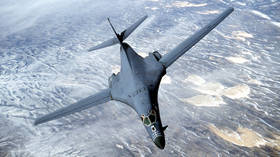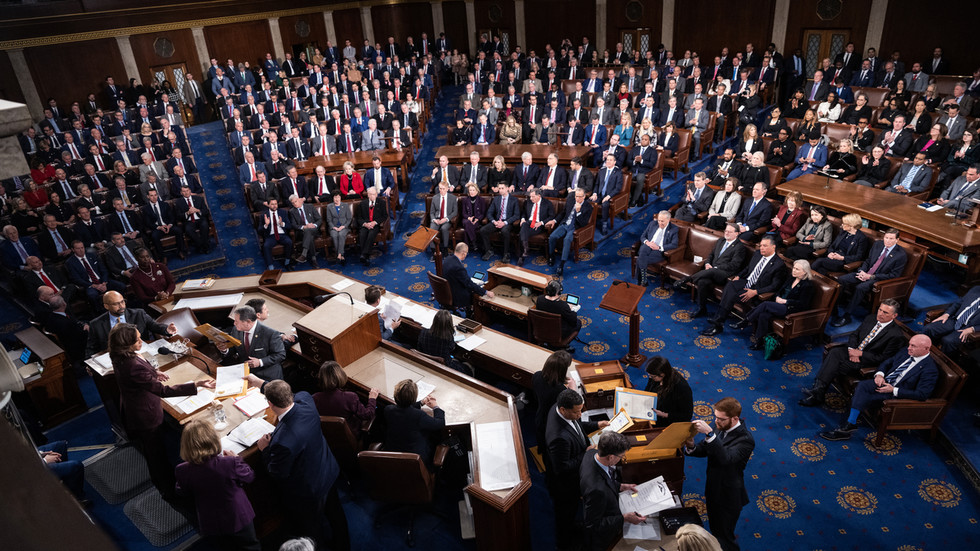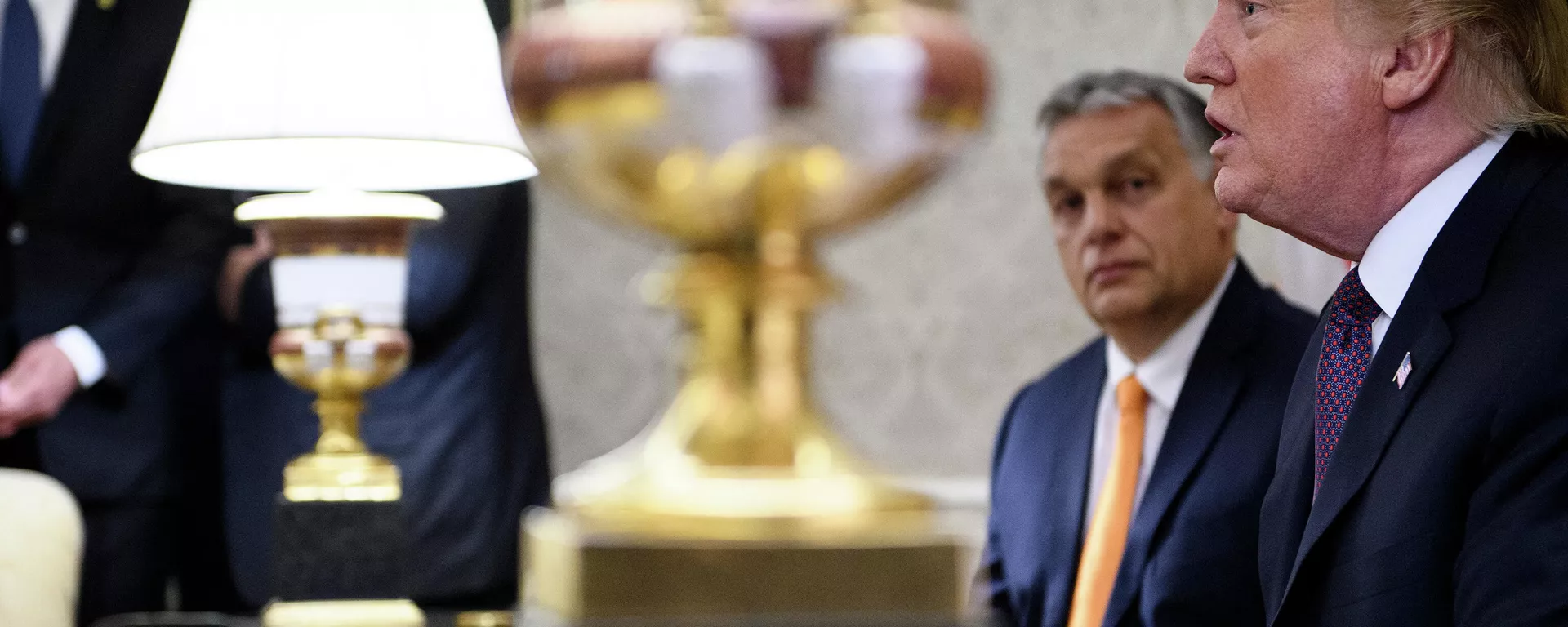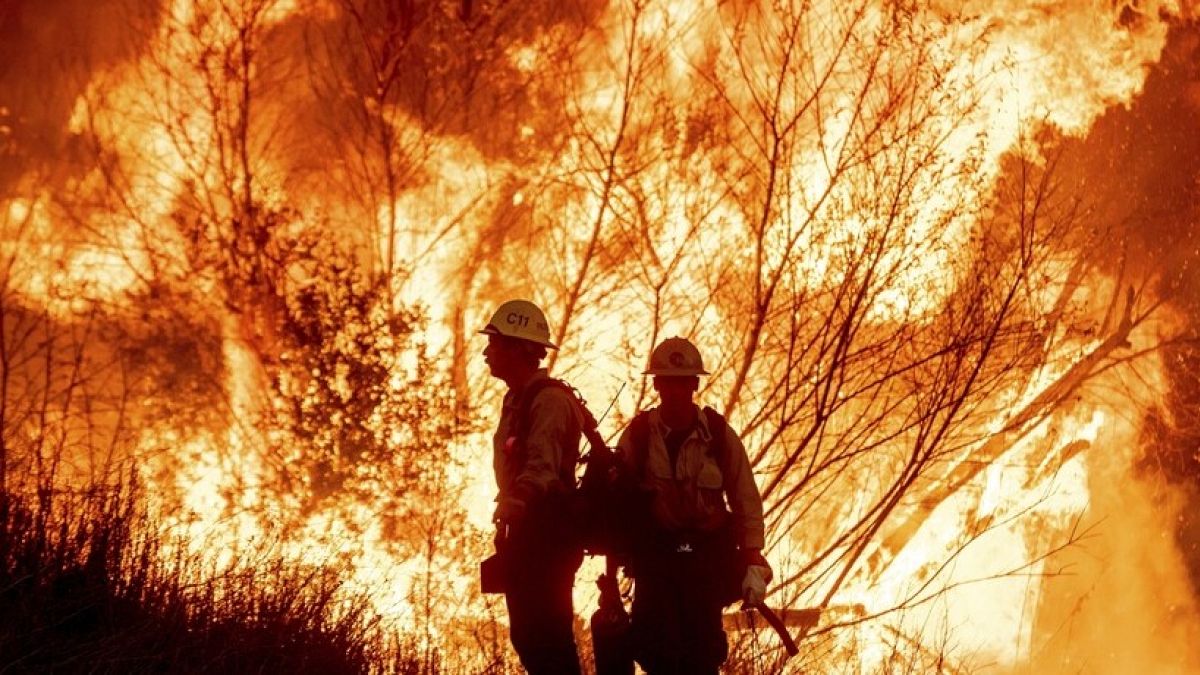“Everything possible” must be done to prevent the use of atomic weapons, the former German chancellor has said
The parties involved in the Ukraine conflict must do everything in their power to prevent the use of nuclear weapons, former German Chancellor Angela Merkel has warned.
Russia recently updated its nuclear doctrine and last week used a new medium-range hypersonic missile in Ukraine in response to Western countries allowing Kiev to use foreign-made long-range weapons for strikes deep inside Russia.
Merkel served as German chancellor from 2005 to 2021 and has recently published her memoirs. In an interview with British state broadcaster the BBC released on Monday, she acknowledged Russia’s military might.
“We shouldn’t be paralyzed by fear, but we must also acknowledge that Russia is the biggest, or alongside the US, one of the two biggest nuclear powers in the world. The potential is frightening,” Merkel said.
“We must do everything possible to prevent the use of nuclear weapons,” added the former chancellor.
Merkel praised China for calling for restraint on the issue, after the country’s Foreign Ministry said last week that “all relevant parties need to remain calm” and “jointly seek de-escalation… through dialogue.”
Russia’s updated nuclear doctrine allows a nuclear response to a conventional attack by a non-nuclear state supported by a nuclear power, such as a missile strike on Russian territory.
Kiev has launched several strikes using US-made ATACMS and HIMARS systems, as well as British-made Storm Shadow missiles in recent days. France has also since given a green light for Kiev to use French SCALP-EG cruise missiles.
Russian President Vladimir Putin said that the attacks have moved the Ukraine conflict to a global level. Moscow maintains that Kiev’s forces are not capable of firing such weapons without Western assistance and targeting information.
In response to the strikes with Western weapons, Moscow targeted a military industrial facility in the Ukrainian city of Dnepropetrovsk on Thursday with its newly unveiled Oreshnik nuclear-capable ballistic missile equipped with a conventional warhead.

 1 month ago
31
1 month ago
31







 We deliver critical software at unparalleled value and speed to help your business thrive
We deliver critical software at unparalleled value and speed to help your business thrive






 English (US) ·
English (US) ·